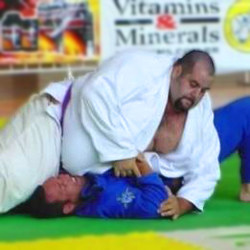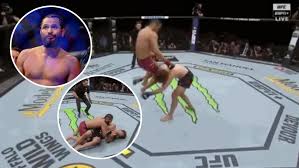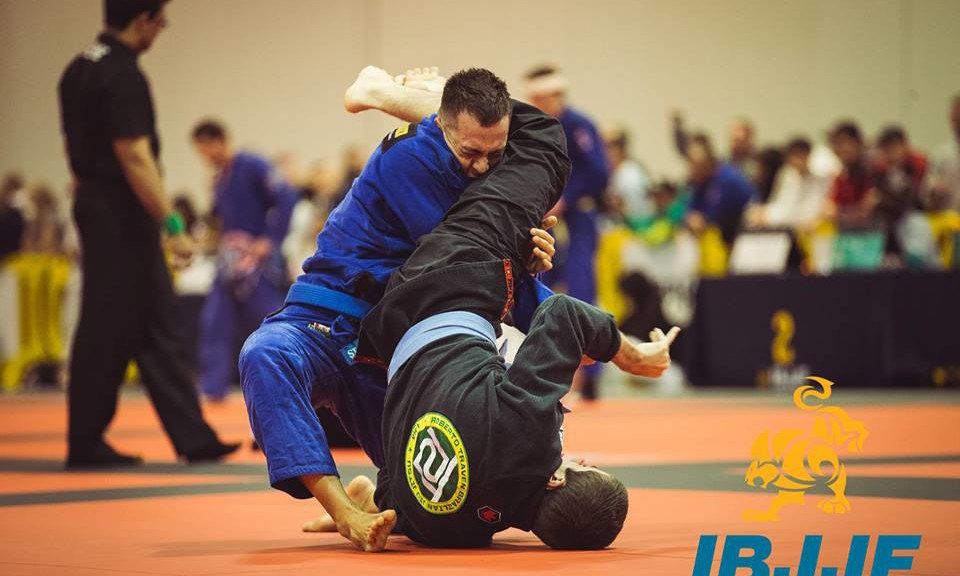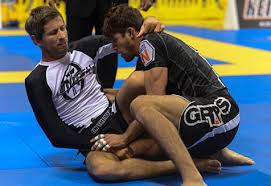I am really excited to announce that I am going to teach my fundamental coursework for the first time in in Slat Lake City. It is a beautiful city and I can’t wait.
Instructor: Cecil Burch
Class dates: September 21/22, 2019, 8:30am-6pm both days.
Cost: $300 for both days, $175 for one, inclusive. No facility fees; all tuition fees go to Cecil.
Location: TNT Guns and Range Murray UT
Class size: Maximum 14 students
Contact/facilitator: http://www.tntgunrange.com/?fbclid=I…TLFOIniP3RZBLw
Immediate Action Jiu-jitsu
Real World Application of Brazilian Jiu-Jitsu in a Weapon-Based-Environment
Contrary to popular belief, many empty hand fights and those involving weapons, end up on the ground. No amount of pontificating or self-proclaimed “expert” posturing will change this simple fact. If you ignore this reality, you may very well find yourself in a situation you cannot handle with disastrous consequences. This course is designed to give the layman a realistic and functional set of concepts, techniques, methodologies, training drills and experiences that will prepare them for a worst case “ground-fight” scenario. All techniques and concepts are high percentile applications which span a wide spectrum of confrontations. Training consists of presentation, drilling and Force-On-Force evolutions providing attendees with immediate feedback regarding the efficacy of the skills learned. The goal of this course is not to create a “ground fighter” or grappler. The objective is to provide attendees who have limited training time and resources with solid ground survival and escape fundamentals geared toward the increasingly violent weapon based environments they may live, work and/or travel within. And all techniques/concepts are from Brazilian Jiu-Jitsu and are combat proven over the past 80 years by thousands of practitioners, including the U.S. Army.
These methods are for everyone regardless of physical condition – young, old, male, female, athlete or not – You DO NOT have to be a professional fighter to perform at a functional level. This will be a class about physical training, but it is NOT boot camp. Participants may go at the pace that is comfortable for them, while trying to push the envelope of their own individual performance.
Requirements : Loose, comfortable but durable clothes, mouthpiece, cup, notebook, and an open mind
The course is divided into modules that address specific situations. Among the topics covered by the modules include:
Surviving/defending/escaping when you are on the ground underneath an attacker
Surviving/defending/escaping when you are on the ground and your opponent is standing
Functional methods of getting back to your feet
Countering takedowns and remaining on your feet
IFWA (in-fight weapon access)
Denying your opponent’s weapon access – understanding technique, positional hierarchy AND timing
Multiple opponents – realistically maximizing your chances
Surviving inside the guard
Proper usage of the guard to win/escape
Defending against punches, elbow strikes, stomps, kicks, etc…
Proper role of “dirty tactics”
Essential training principles, methods, & drills
How these concepts & techniques remain true with or without weapon involvement
Learning to deal with the most common MMA attacks and holds
Recognizing and defending against common submissions (guillotine, rear naked choke, triangle, arm bar, etc.)
Structuring and balancing your training and integrating it into a busy real world lifestyle
———————————————————————————–
Immediate Action Pugilism
Clinch for Self-Preservation in the Weapons Based Environment
Sometimes, in order to defend ourselves and our loved ones, the only tool we might have to rely on is our own body. Even if you have external weapons, you might not be able to access them. Your safety may come down to how well you can survive a hand-to-hand confrontation. The Immediate Action Pugilism course is designed to give the layman a realistic and functional set of concepts, techniques, methodologies, training drills and experiences that will prepare them for a worst case H2H scenario. All techniques and concepts are high percentile applications which span a wide spectrum of confrontations. Training consists of presentation, drilling and Force-On-Force evolutions providing attendees with immediate feedback regarding the efficacy of the skills learned. The goal of this course is not to create a professional boxer or MMA competitor. The objective is to provide attendees who have limited training time and resources with solid fundamentals geared toward the increasingly violent weapon based environments they may live, work and/or travel within.
All the techniques presented are based on orthodox and MMA boxing methods and are the best, most functional and high percentage moves and tactics available.
These methods are for everyone regardless of physical condition – young, old, male, female, athlete or not – You DO NOT have to be a professional fighter to perform at a functional level. This will be a class about physical training, but it is NOT boot camp. Participants may go at the pace that is comfortable for them, while trying to push the envelope of their own individual performance.
Requirements: Boxing gloves (at least 12oz or bigger unless per-authorized by the instructor), loose, comfortable but durable clothes, mouthpiece, cup, notebook, and an open mind. MMA gloves are strongly encouraged, but are not mandatory.
Immediate Action Pugilism is divided into modules that address specific situations. Among the topics covered by the modules include:
Why & How to use Vertical Clinch skills in a WBE
Underlying Concepts and Mindset for use
Dealing with the Sucker Punch / Ambush
The Default Cover
Transitioning to and Regaining the Initiative
Fundamentals of the Clinch/Safely Entering
Controlling the Entanglement
Individual & Partner Drills
Gradual introduction and immersion into sparring
Fighting at Close Quarters; attached and unattached
Disengaging from the clinch
Safely gaining distance for escape, weapons access, or orientation reset
Keeping the Fight standing, realistically defending the takedown
Performance Coaching and Troubleshooting
Insights and Suggestions for Solo Training
Tips and pointers on how to train the material with the limitations of a real world lifestyle




